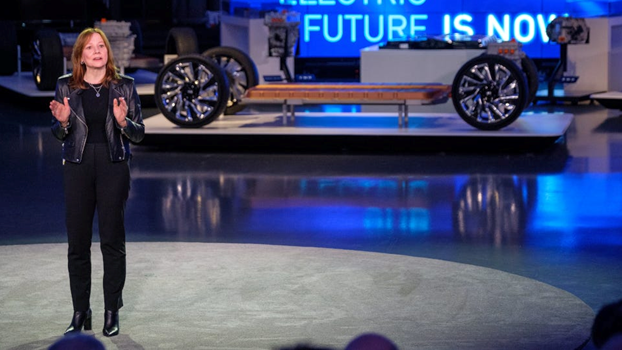In 2020, a cascade of private carmakers and countries announced they would assist in ending petroleum and diesel cars. While this is not the end of petroleum-based engines (nobody is planning on making an electric plane yet), it is a step in the direction of a carbon-neutral environment. Some of the largest countries in the world have some form of a ban in place, which will likely accelerate the move to electric vehicles. The plans by most private car manufacturers and countries or regions are to begin to phase out the manufacturing of petroleum cars, which will mean that the vehicles will likely continue to linger around for the subsequent decades.
Britain Sets the Bar
Britain will ban the sale of new petrol carsbeginning in 2030, five years earlier than previously planned. Initially, the government announced that it would move forward with the ban on the sale of pure combustion engines by 2040. This move was then transferred to 2035 and then 2030. However, the U.K. government would still allow the sales of hybrid vehicles until 2035. When the directive was announced, it created a stir within the auto industry. Automobile manufacturers including BMW, Ford, Honda, Jaguar Land Rover, and McLaren argued strongly against a ban earlier than 2040. They also believe that hybrid vehicles should be exempt from the ban, allowing them to continue to sell cars that are already having success in the marketplace.
The U.K. government’s decision to move the deadline was predicated on advice from scientists on the Committee on Climate Change. The committee recommended a total ban, including for hybrids. However, ministers said they relented plans to ban hybrids in 2030, partly because of the threat to British car factories.
Are EV Cars Selling?
While the ban is in place to force people to purchase an EV eventually, people buy EVs voluntarily. As a result, sales of full EVs have tripled in the U.K. on a year-over-year basis in October 2020 versus the same month in 2019. The number of charging points is also going up fast. Networks Ubitricity and Chargy are putting thousands of them already.
General Motors Announces Phases Out
In June of 2021, General Motors announced that the company would increase electric and autonomous vehicles to $35 billion through 2025. GM’s share trading has been robust as the announcement represents a 30% increase from earlier announced plans.
The new investment will be used to expand its rollout of EVs and accelerate the production of its battery and fuel cell technologies.
In November 2020, General Motors CEO Mary Barra announced a plan to phase out gas- and diesel-powered vehicles by 2035. The announced goal is part of a larger strategy by GM to become carbon neutral by 2040. The goal is to stop gas-powered cars by 2035 and transition entirely to electric vehicles to eliminate tailpipe emissions. General Motors also announced that they would also alter their factories which would also be going green. In addition, Barra announced that all U.S. factories would use renewable energy by 2030, and global factories will switch over by 2035.
What Other Countries Stepped Up?
In the California announced that it would ban the sale of new gasoline-powered passenger cars and trucks starting in 2035.Quebec, a province of Canada, said it would ban the sale of new gasoline-powered passenger cars from 2035. In October of 2020 the European, Union ministers reported that the bloc would move to zero-emissions by 2050. In China, the government of sales of new energy vehicles will make up 50% of car sales by 2035.
Transportation contributes to about 28% of U.S. carbon emissions. To cut emissions by 50% by 2030, this sector will need to be rapidly decarbonized. Electric Vehicles (EVs) are the key element of this plan. Because EVs are more expensive than internal combustion engine (ICE) vehicles, Biden’s infrastructure plan provides for $100 billion for EV rebates. But the EV challenge extends beyond its sticker price. EV owners must be able to charge their vehicles conveniently and quickly. Biden’s plan provides for an additional $15 billion to build 500,000 EV charging stations.
Drivers are Worried About Recharging
Despite a continued decline in prices for EV drivers may still worry about recharging. Many businesses cannot drive a vehicle and stop for a few hours to recharge. There is a range of concerns, including not enough charging stations and the time it takes to charge a vehicle. EV was about 2% of the U.S. new automobile market in 2020. The question that will determine the acceleration of the industry is choosing how many charging stations this will require. There are costs associated with this endeavor and local regulatory issues, and electric grid upgrades.
The Bottom Line
EV revolution faces essential regulatory and technological challenges. These challenges include increasing the range of a vehicle, as well as the number of charging stations. Car companies like General Motors are moving quickly to deliver electric cars across the globe, while countries are also mandating electric cars, which will eventually lead to the demise of petroleum and diesel cars.
